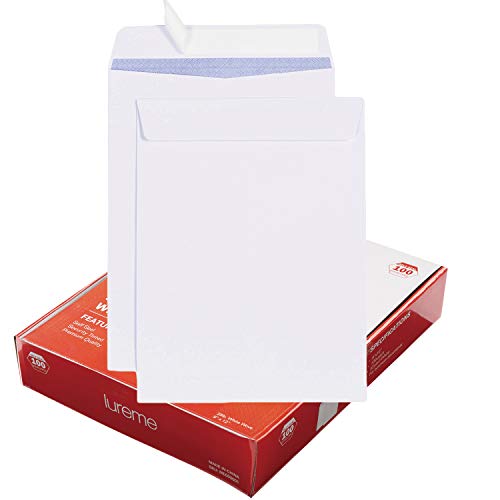Scratch DC-20 Digital Camera Rocket (large) Original Design / Scratch Built
Scratch - DC-20 Digital Camera Rocket (large) {Scratch}
Contributed by Morgan Hendry
 When I got back into rocketry after a couple years off, I saw Internet sites describing rocket cameras. I already had the Astrocam, but I wanted more. Specifically, I wanted as many pictures I could get per flight. And so the quest began...
When I got back into rocketry after a couple years off, I saw Internet sites describing rocket cameras. I already had the Astrocam, but I wanted more. Specifically, I wanted as many pictures I could get per flight. And so the quest began...
Amazingly, my brother had an Opus 35 camera. Many people had modified this for airborne use, so I tried that. It almost worked, but I think I broke the camera. In fact, I broke two other cameras in the process. Whoops. It was then I came across the RC Aerial Photography Site. This guy had used a Digital camera to take pictures from an RC glider. And, he claimed it could be used in rocketry. Cool, I thought. So I began to research the DC 20 digital camera for rocketry use. A normal 35mm camera could take 36 shots, but this could only take 8. Oh well, it's better than one picture per flight. So I got a DC 20 for my birthday. I just got the rocket controller, but that was no problem to assemble. I added a phono jack with a nail in it to use as a switch.
The camera mount is simply a board of 3/16 inch aircraft plywood and 2 centering rings made out of the same substance. One centering ring has two holes in where a wire is looped. This makes it easier to pull the mount out of the BT.
Here is the top view:

Here is the side view:

With electronics installed

I used VCP to come up with the necessary stability calculations. Eventually I'll post the forward fin size, etc. (The model uses forward fins to make sure it will not be overly stable. I later found these are not needed and broke them off) But for now, I'll just describe the payload section. The body tube is a full length of Estes BT-80 (2.6" diameter) with two strips of folder material glued to the top and bottom of the BT to add thickness to the Estes/Aerotech BT joint. It is covered with clear tape (masking?) for a smother transition. It has a 4" tube coupler made out of corrugated cardboard with one layer of paper peeled off. The lower bulkhead is 3/8" plywood with two holes for the wire for shock cord/parachute attachment. Above this bulkhead is about 2" of padding to absorb some of the lift-off stress. The camera mount sits on top of this and points the camera out of a small slit in the side of the BT. Again, the tube is reinforced with folder material for strength. Finally the Aerotech Initiator nose cone gets put on top. The whole payload section was painted gold. It is now painted red to match the cone.
The original design:

After I snapped off the fins:

The Launch
The first launch was on a F25 29mm Aerotech single use engine. It supposedly broke 500'.
Future Projects
My newest booster is going to be light enough to loft the camera on a D or E engine.
Sponsored Ads
 |
 |











